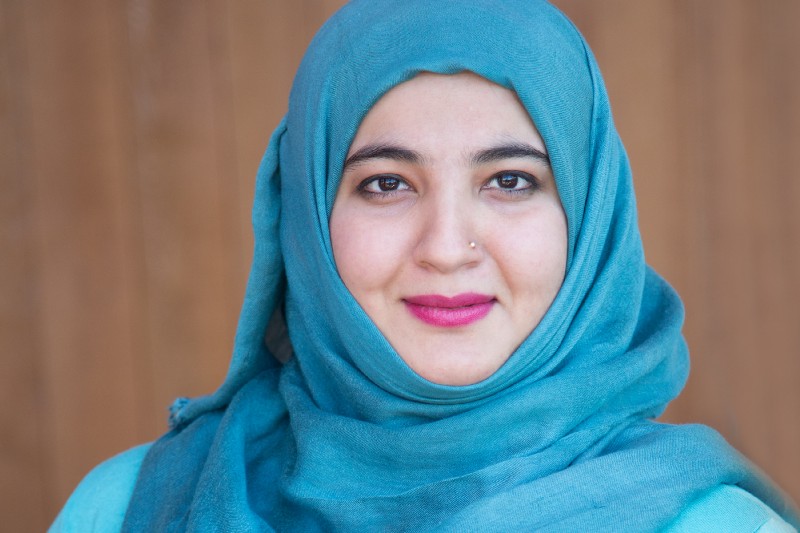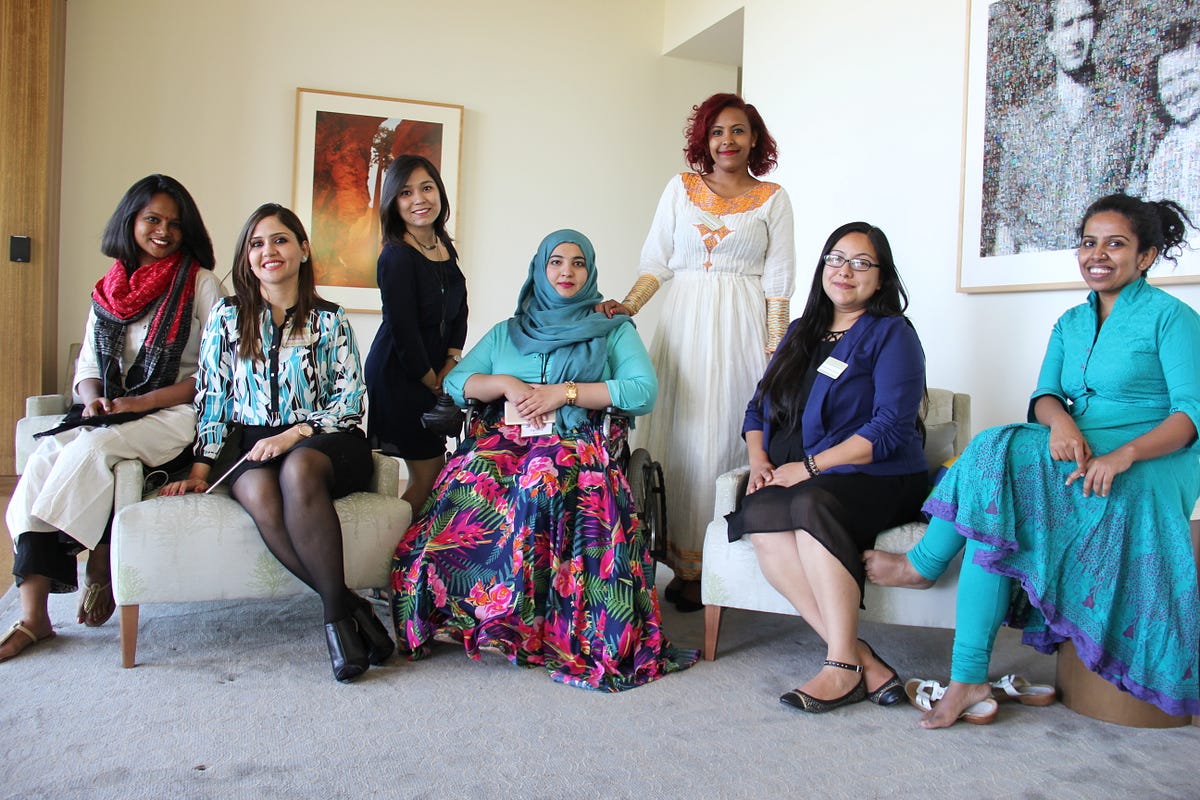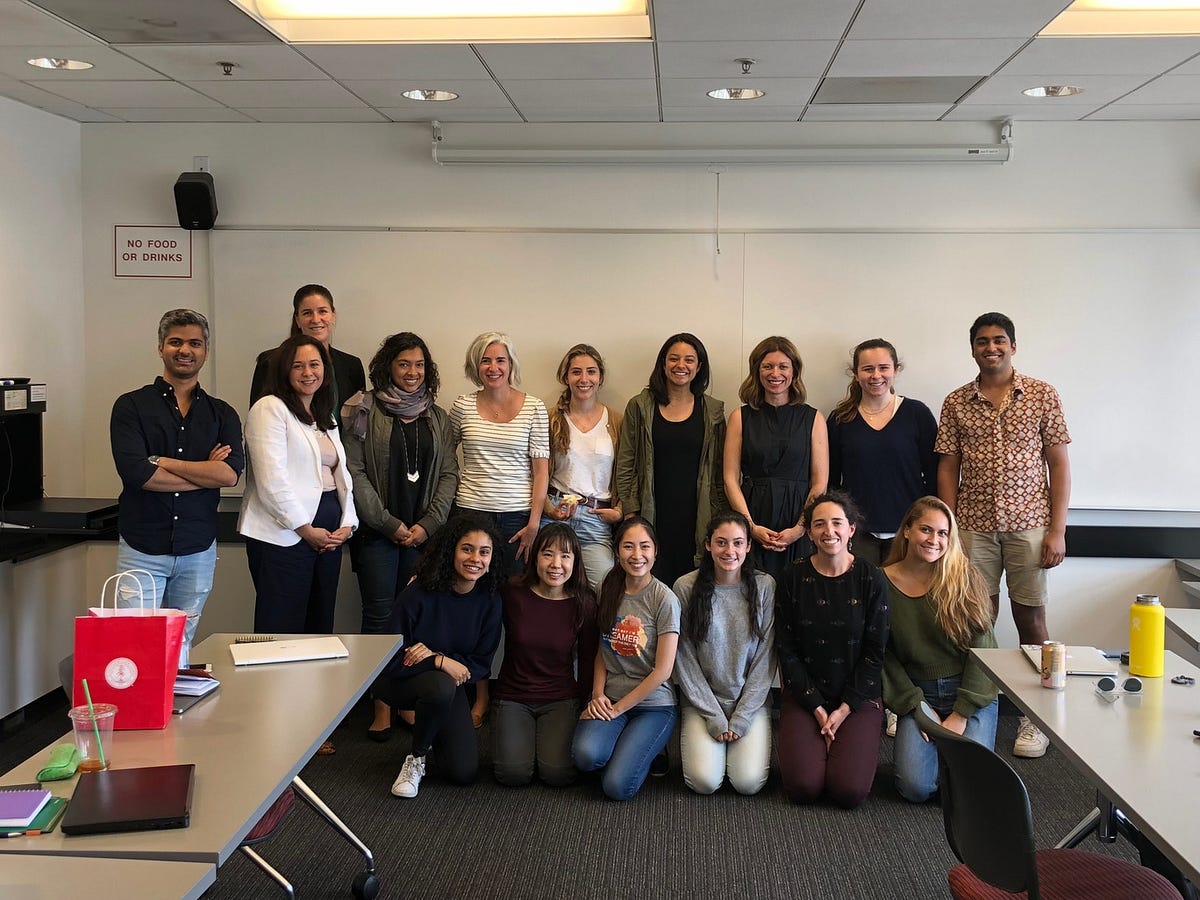By Denise Raquel Dunning, Founder + Executive Director

Rise Up Youth Champion Tanzila Khan
“You need to use your pain, and craft it into something worthy.”
These powerful words have echoed in my ears since I interviewed Tanzila Khan, a Pakistani disability rights activist who is part of Rise Up’s Youth Champions Initiative. In the interview, Tanzila told me and the Stanford students I worked with as a Social Entrepreneur in Residence about her journey growing up in Pakistan.
In a country where only 41% of girls complete primary school, Tanzila shared with us that she has faced a double burden — being born a girl and being born with a physical disability. Tanzila realized as a child that a girl’s only value in Pakistan is to be married and that being in a wheelchair made her unmarriageable, and therefore worthless. Deeply marginalized by her community, Tanzila struggled for years against stigma and discrimination — but she refused to give up.
As an adolescent, Tanzila began to raise her voice and share her story, becoming an author and an advocate for the rights of all people living with disabilities. In 2017, Rise Up selected Tanzila as a Packard Foundation Youth Champion, where she learned to use innovation and technology to improve the health of young people in her community. With funding and support from Rise Up, Tanzila created Theater of the Taboo, a path-breaking initiative to combat the stigma associated with sexual and reproductive health and rights for young people in Pakistan.

Tanzila (center) with fellow 2017 Rise Up Youth Champions.
Tanzila is now launching Girlythings — a woman-centered mobile application leveraging the power of technology to deliver menstrual hygiene products to girls and women across Pakistan. Girlythings users earn points (called ‘Peridots’) by taking quizzes to increase their knowledge about sexual and reproductive health. Users can then use the points they earn to pay for sanitary products, making them free of cost.
Tanzila’s story demonstrates the power of one social entrepreneur to transform her own pain into something worthy — in this case, a movement for girls’ and women’s health and rights.
I interviewed Tanzila while serving as a Stanford University Social Entrepreneur in Residence (SEERS) Fellow hosted by the Haas Center for Public Service. Through the Fellowship, I taught a class on social entrepreneurship in collaboration with Sarina Beges-Thysen, Associate Director of the Center on Democracy, Development, and The Rule of Law, and Kathleen Kelly Janus, author of Social Startup Success.
Weaving together research and theory with real-world practice, the class integrated the experiences of three SEERS Fellows — Laura Weidman Powers, who cofounded Code2040 to close the racial equity gap in tech, Christa Gannon, who created Fresh Lifelines for Youth to transform the lives of young people in the juvenile justice system, and myself.

Denise Dunning (fifth from left) and the Stanford University students in her social entrepreneurship class hosted by the Haas Center for Public Service.
As I reflect on the wide-ranging vision, goals, and impacts of the social entrepreneurs I’ve met through Rise Up and now at Stanford, I am struck both by our differences and how much unites us.
Whether through direct service, policy advocacy, technological innovation, or private sector solutions, social entrepreneurs are relentless in our commitment to solving the world’s most intractable social problems. And whether fighting for disability rights, racial equity, women’s rights, or criminal justice reform, social entrepreneurs are united in our quest to create a more just and equitable world.
And most of all, we are each following Tanzila’s wisdom in our own way — using pain, and crafting it into something worthy.
This post was also published on Medium – follow us there!


